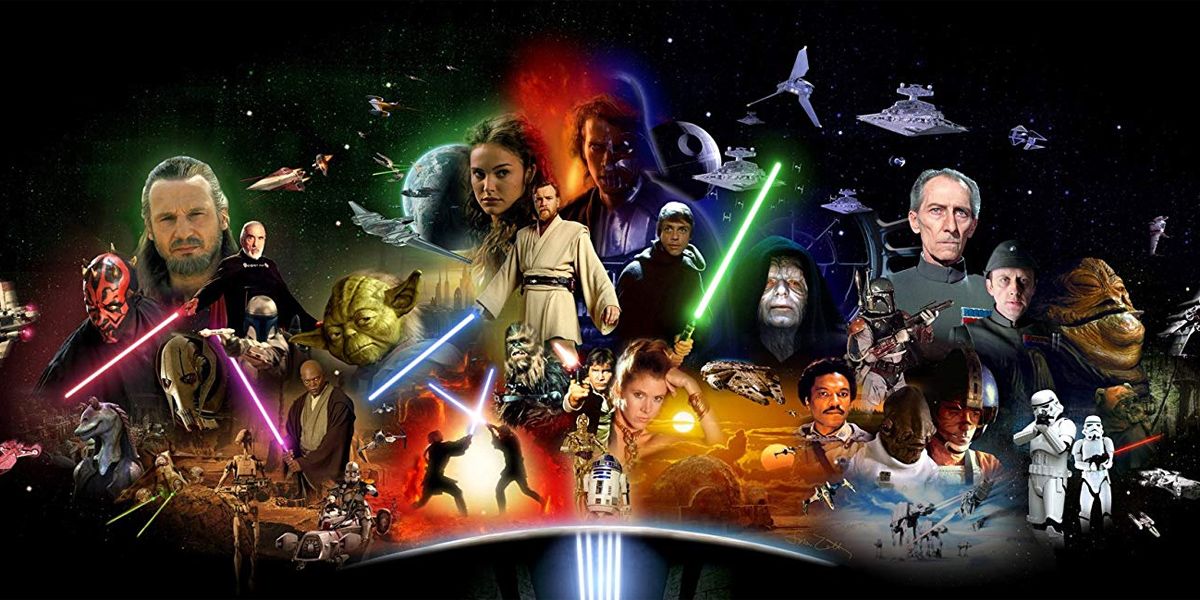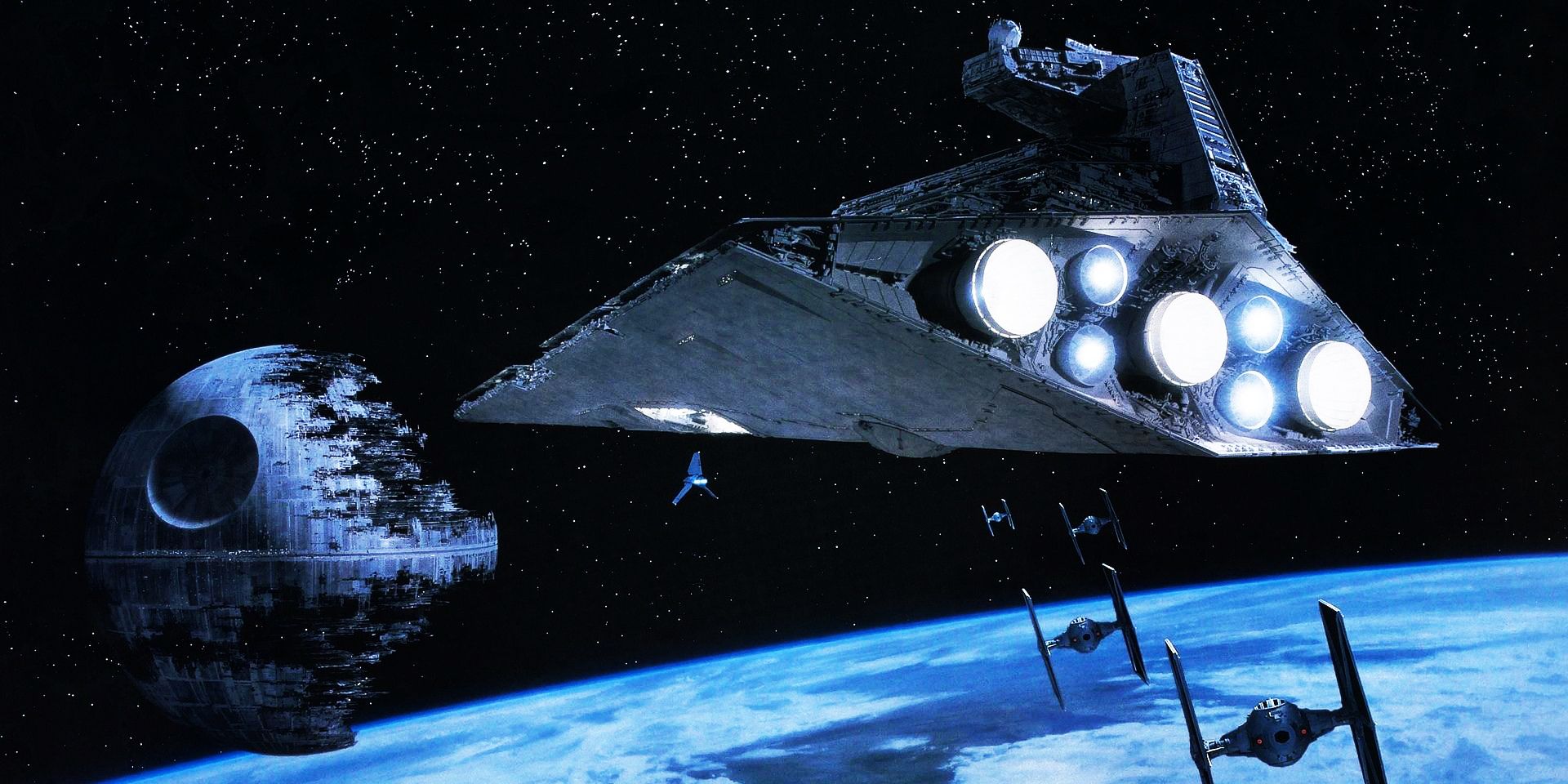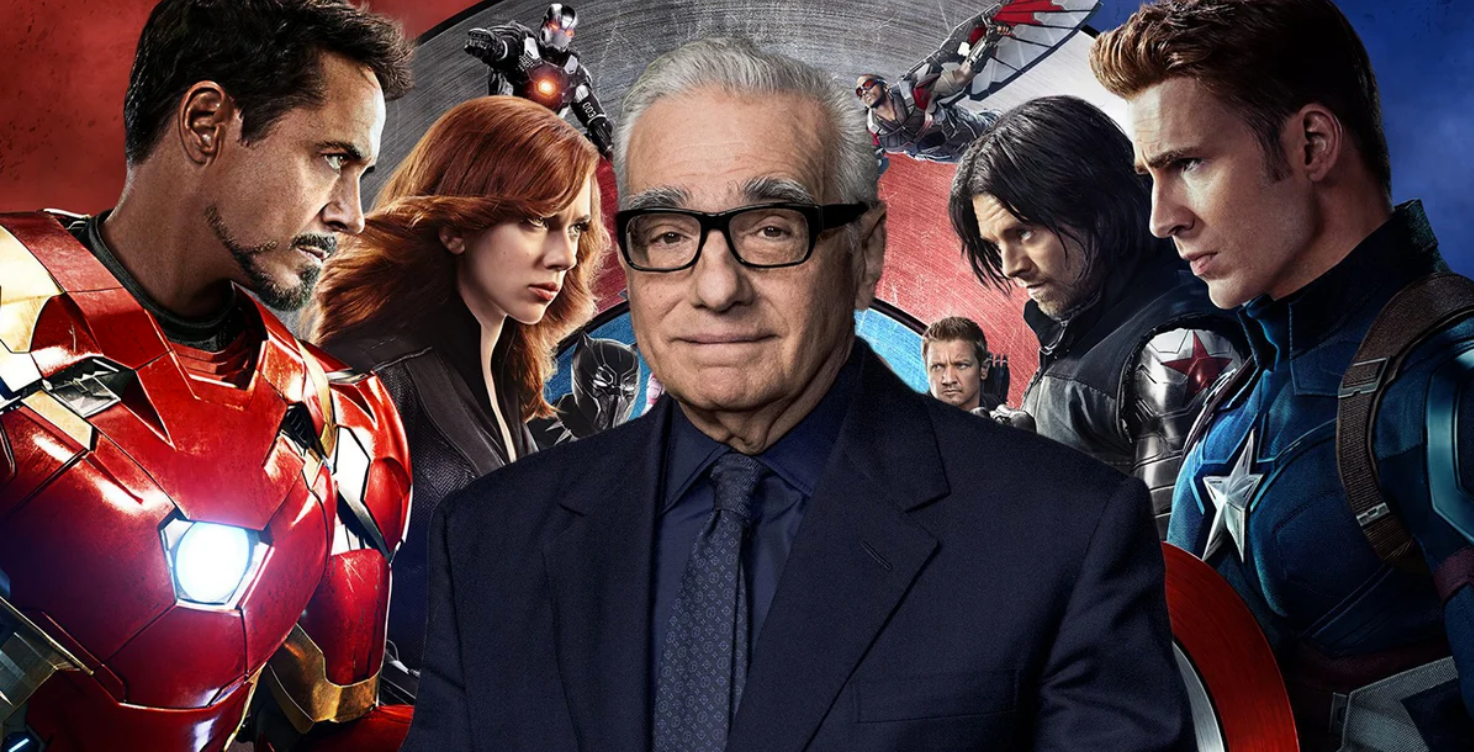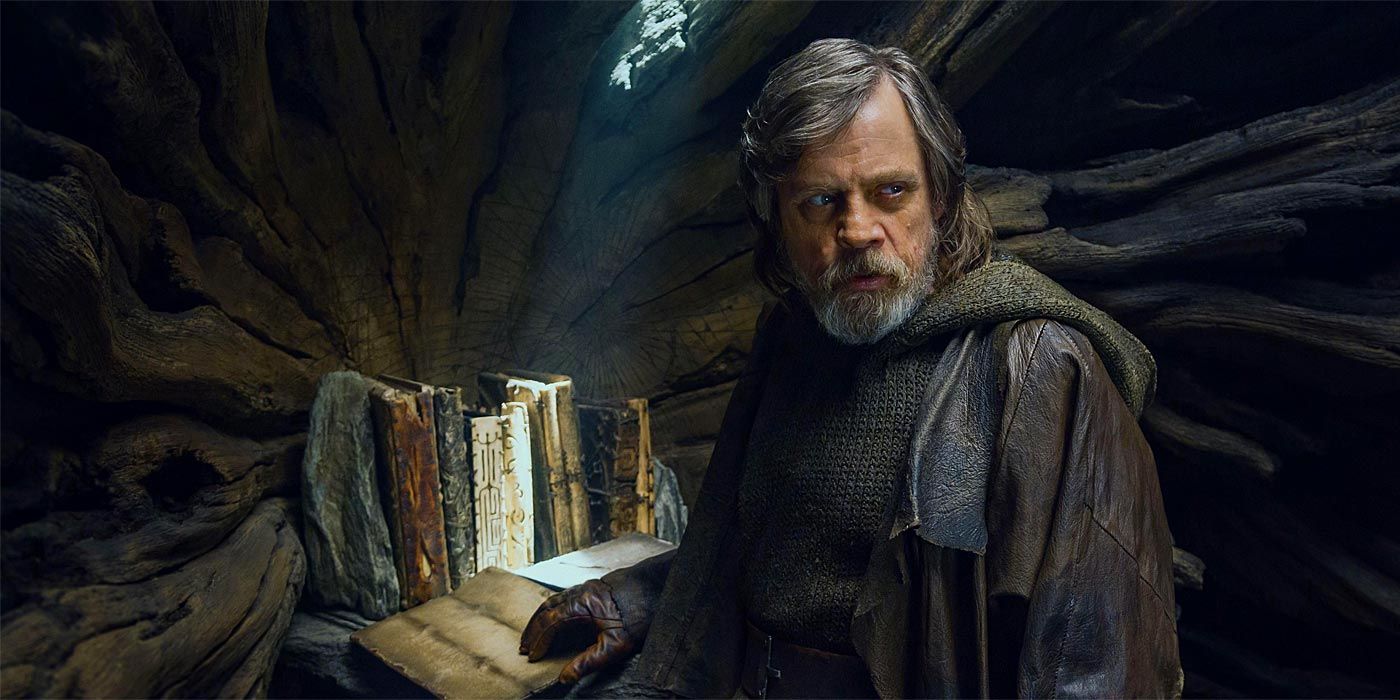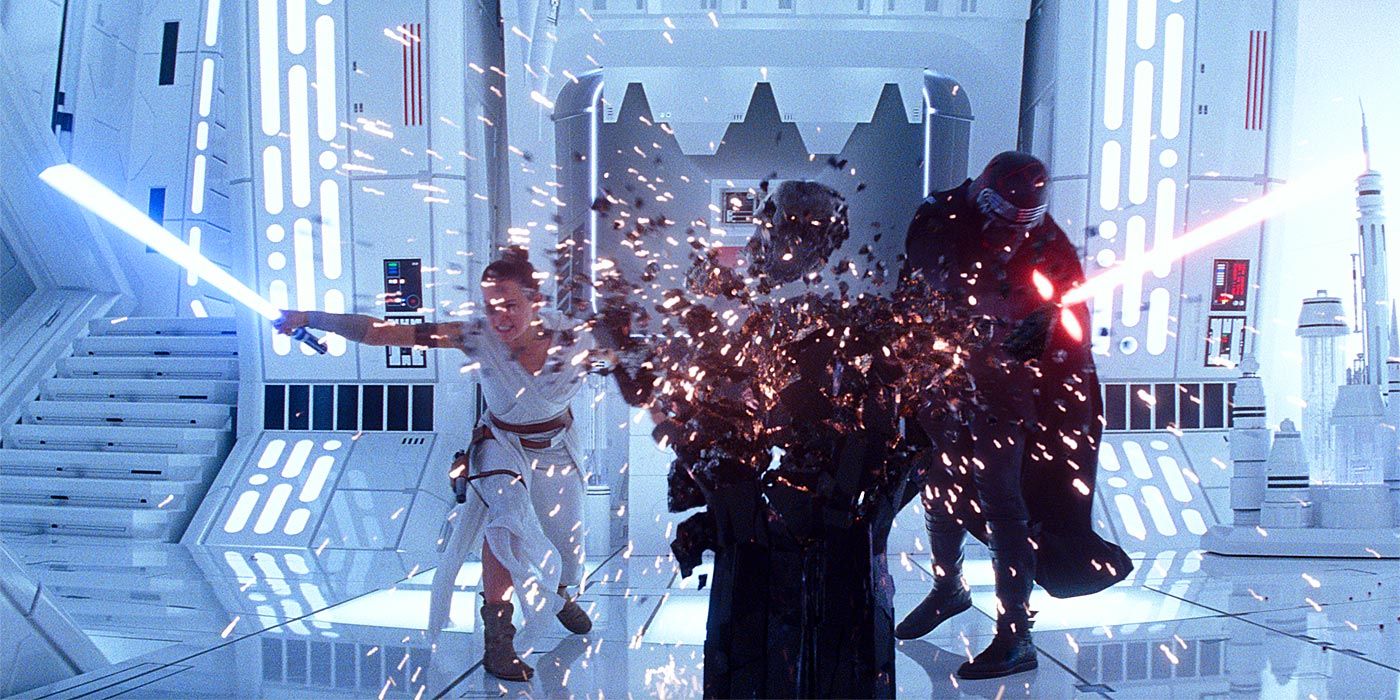In his New York Times review of Star Wars: The Rise of Skywalker, critic A.O. Scott asserted that, in today’s franchise-heavy world, there may be no such thing as a great Star Wars movie. He argues that, in order to cast the widest global and generational net, the franchise's entries have become more about consolidation than distinction, resulting in “perfectly middling” films.
That criticism -- or, rather, observation -- as Scott frames it, is something that’s heard more and more as massive (primarily) Disney franchises extend their properties to points previously unseen or thought possible. It’s a conversation that’s unlikely to end any time soon, and one that raises several questions.
What Makes a Great Star Wars Movie?
Scott distinguishes between the era before 1983's Return of the Jedi and the one after, writing that, ever since the final installment of the original trilogy, the series has evolved to ensure that no one film is too distinctly interesting, for fear of imperiling the “long term strategy of cultivating fandom.”
While he admits to having grown fond of certain elements from the more recent installments, ultimately he sees their struggles and journeys as more easily compared to sports rivalries than epic struggles between good and evil.
What Would Scorsese Say?
While many, including Martin Scorsese himself, are likely sick of hearing about the director’s views on the Marvel Cinematic Universe, they do bear mentioning when discussing the quality and legitimacy of franchise films. Similarly to Scott, Scorsese’s critique of Marvel Studios films argues they are “made to satisfy a specific set of demands” and that they are “vetted, modified, revetted and re-modified until they’re ready for consumption.”
It’s undeniable that, in crafting stories intended to have sequels, spinoffs and future team-ups, creative sacrifices occasionally must be made. That can sometimes mean a character not being permitted to die, or an awkward scene being added to set up future films. While there’s nothing inherently wrong with those types of long-term decisions, it’s understandable why some believe they rob films of their individuality and greatness. That's something that was, perhaps, first made evident following the release of Avengers: Age of Ultron when some of behind-the-scenes discussions between the director Joss Whedon and Marvel Studios surfaced.
What’s the Upside?
What sometimes gets lost in this debate, however, is a slightly less-cynical look at the widespread appeal of massive, drawn-out franchises. It’s easy to attribute the box office records of these movies to a global public that is easily manipulated by greedy studios and nostalgia bait, but it’s important to remember that people -- many people -- truly love this type of storytelling.
There’s something that’s so incredibly exciting about knowing that the journeys of your favorite characters and worlds extend past the two-hour run time of the movie you’re watching. Putting aside the divisive treatment of Luke Skywalker in The Last Jedi, fans couldn’t wait to see his story continued in a new era of Star Wars when he appeared in the first trailer. Similarly, while you may not feel as much peril or stakes while watching a Marvel movie that already has a sequel slated, you do get to look forward to the possibility of your favorite heroes teaming up in the next one. This is why the hundreds, if not thousands, of various comics, novelizations, and TV shows that have expanded on franchise lore have been so consumed and beloved by fans for decades.
Who’s Right?
What should go without saying -- but on the internet often needs to be said -- is this: these are all just opinions. A.O. Scott and Martin Scorsese have more than earned their right to say these films aren’t great, and you, as a fan, have an equal claim to disagree. What’s often forgotten in this debate is that regardless of how much studios want to take your money until the day you die, these movies are also made by hundreds of talented, hard-working people, many of whom, above all else, want you to think about, feel, and enjoy what they’ve made. If you loved Star Wars: The Rise of Skywalker, if you thought it was a great movie, that’s amazing. If not, hopefully you’ll like the next one, because whether it’s in two years or ten, there certainly will be a next one.

